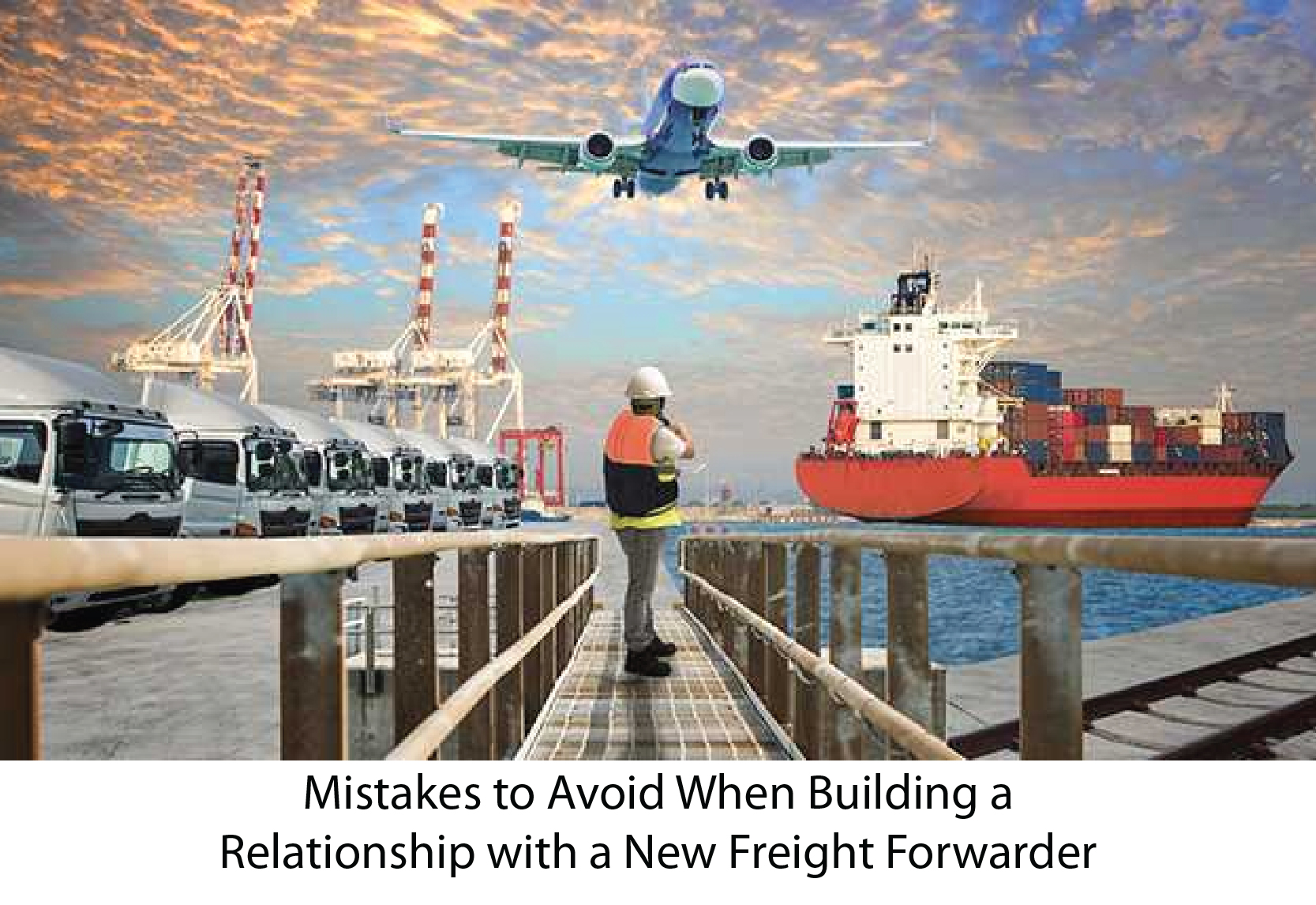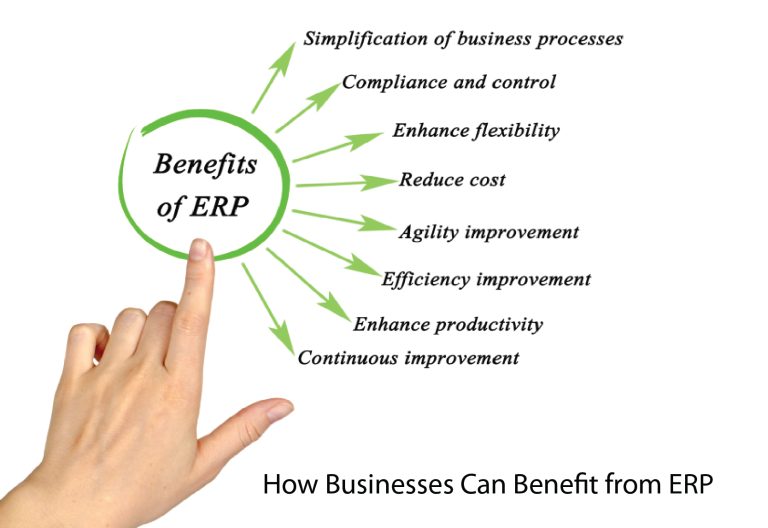Mistakes to Avoid When Building a Relationship with a New Freight Forwarder
Selecting the right freight forwarder is critical for businesses engaged in international trade. A freight forwarder plays a vital role in ensuring the smooth transportation of goods, managing logistics, and handling customs processes. However, building a successful relationship with a new freight forwarder requires careful consideration and avoiding common mistakes. This article will explore the ten mistakes businesses should avoid when partnering with a new freight forwarder. Companies can establish solid and reliable partnerships that facilitate efficient shipping operations by understanding and sidestepping these pitfalls.
Know Your Freight Forwarder Inside Out
Conducting thorough research and due diligence is essential before entering into a relationship with a freight forwarder. Take the time to investigate their reputation, industry experience, and track record. Review their credentials, certifications, and affiliations to ensure they meet the required standards. Additionally, seek references and client testimonials to gain insights into their reliability, professionalism, and service quality. By conducting comprehensive research, you can make an informed decision and select a freight forwarder that aligns with your needs.
Clear Communication is Key
Defining your shipping needs and requirements is crucial when engaging with a new freight forwarder. Ensure you communicate your expectations regarding shipment volumes, frequency, delivery timelines, and any specialized services you may require. Providing comprehensive information allows the freight forwarder to assess their capabilities and propose appropriate solutions. Clear communication at the onset helps avoid misunderstandings, facilitates smooth operations, and sets the foundation for a successful partnership.
Prioritize Established Expertise
A freight forwarder with a solid track record and extensive industry experience brings invaluable expertise to your shipping operations. Consider their history and focus on working with established forwarders who have a proven ability to handle the specific types of shipments you require. Experienced freight forwarders deeply understand industry regulations, customs procedures, and potential challenges. Their expertise can help navigate complexities, reduce risks, and ensure the successful transportation of your goods.
Ensure Legal and Ethical Practices
Compliance with regulations and ethical practices is non-negotiable in international shipping. Refrain from verifying a freight forwarder’s compliance with local and international laws to avoid legal issues, delays, and reputational damage. Ensure your prospective freight forwarder is well-versed in customs regulations, trade restrictions, and documentation requirements. Ask about their procedures for ensuring compliance, such as proper documentation handling, adherence to security protocols, and knowledge of import/export regulations.
Protect Your Cargo and Investments
Cargo insurance is vital to international shipping, providing protection against loss, damage, or theft during transit. Failing to verify a freight forwarder’s insurance coverage can leave your shipments vulnerable and put your investments at risk. Ensure that your freight forwarder has appropriate cargo insurance coverage and understands the extent of coverage provided. Request copies of insurance policies and verify their validity with the insurance provider. Adequate insurance coverage offers peace of mind and protects your cargo from unforeseen circumstances.
Avoid Hidden Costs and Disputes
Transparent pricing and clear payment terms are crucial for maintaining a healthy relationship with your freight forwarder. Failing to clarify pricing structures, surcharges, and additional fees can lead to unexpected costs and disputes. Discuss and document all pricing details, including freight charges, handling fees, customs duties, and other relevant expenses. Additionally, agree upon payment terms, such as payment methods, credit terms, and invoicing procedures. A clear understanding of pricing and payment terms ensures financial transparency and avoids conflicts.
Establish Effective Lines of Contact
Smooth and effective communication is vital when working with a freight forwarder. Disregarding the establishment of proper communication channels can lead to miscommunication, delays, and operational inefficiencies. Clearly define the primary points of contact on both ends and establish effective lines of communication. Ensure you have direct contact information for your freight forwarder’s key personnel, such as customer service representatives and account managers. Open and prompt communication facilitates quick issue resolution and maintains a strong working relationship.
Choose a Supportive Partner
Customer service is a critical aspect of any successful business relationship. Neglecting to evaluate a freight forwarder’s customer service can lead to frustration and inefficiencies in your shipping operations. Assess their responsiveness, willingness to address concerns, and ability to provide timely updates. Engage in open and transparent communication to gauge their level of support and willingness to go the extra mile for your business. A freight forwarder that prioritizes exceptional customer service becomes a valuable partner in managing your shipping needs.
Embrace Efficiency and Transparency
In today’s digital era, freight forwarders with advanced technology and digital capabilities offer significant advantages. Underestimating the importance of technological infrastructure can result in inefficiencies and missed opportunities. Seek freight forwarders with state-of-the-art systems, track-and-trace capabilities, and digital documentation processes. These technologies enhance transparency, provide real-time shipment visibility, and facilitate seamless information exchange. Embracing technology-driven solutions improves operational efficiency and ensures a smooth shipping experience.
Start with a Trial Period for Evaluation
Entering an exclusive contract with a freight forwarder with proper evaluation can be safe. Only take your time with long-term commitments after assessing the freight forwarder’s performance and compatibility with your business. Consider starting with a trial period or smaller-scale projects to evaluate their reliability, efficiency, and service quality. This allows you to assess their capabilities, responsiveness, and adherence to agreed-upon terms. Starting with a trial period mitigates potential risks and enables you to decide about establishing a long-term partnership.
Conclusion
Building a successful relationship with a new freight forwarder requires careful consideration and avoiding common mistakes. By conducting thorough research, defining shipping needs, prioritizing track records and compliance, verifying insurance coverage, clarifying pricing and communication channels, evaluating customer service, embracing technology, and starting with a trial period, businesses can establish strong partnerships that facilitate efficient and reliable shipping operations. By avoiding these mistakes, companies can navigate smooth seas and build successful relationships with freight forwarders that meet their specific needs.







